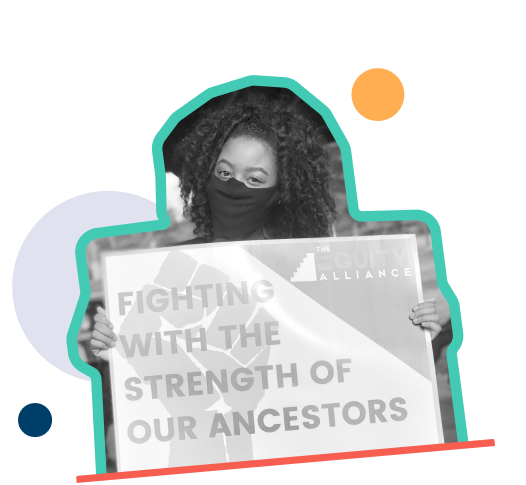The coronavirus pandemic has devastated communities across the country while revealing health and economic disparities that have existed for decades. Workers of color and immigrants are dying from COVID-19 in large numbers, as they are disproportionately represented in many of what are now recognized as “essential jobs:” caring for our families and providing us with food and other critical needs. Many of these jobs are among the lowest paid, with little or no access to quality health care, have low rates of unionization, and are among the most dangerous.
Efforts to improve occupational health and safety standards come from decades of organizing, coalition building, and policy advocacy to win rights and standards for all workers. Worker-led groups, labor, and advocacy coalitions have worked diligently to improve job quality, limit exposure to toxic chemicals, develop accountability measures to evaluate health and safety practices, and build ways to create work environments free from sexual harassment and abuse.
As a result of the neglect by government and employers, there’s a gap and opportunity for workers to build power and transform the conditions of their industries and workplaces. When workers live in fear of going into unsafe workplaces or face an alternative of becoming homeless, and when workers are retaliated against by employers for seeking protective equipment and protections, the health and well-being of workers, their families, and entire communities are put at risk.
Workers who risk exposure to COVID-19 will never return to the same, old “normal”. Their acute need for a voice on the job and in policy decisions is evidenced by the unprecedented number and scale of walk-outs, sick-outs, strikes, and social media outcries. These workers demand to be heard regarding if, when, and how work can be done in ways that will save both lives and livelihoods. Workers do not want to go back to “normal,” which included massive inconsistencies on rights and standards across industry, keeping some workers more vulnerable than others and often afraid to speak up.
As more states consider lifting restrictions on business operations in various industries, many workers and policy advocates are developing policy recommendations and standards that workers will need to ensure they stay healthy and safe during the COVID-19 pandemic upon their return to work. The global pandemic has emboldened an already strong coalition of activists, policy advocates, organizers, workers, and labor and community groups, many who are Black, Indigenous, people of color, LGBTIA, and migrant workers, to come together to ensure workers have a voice on the job and can hold employers accountable to these new policies, protections, and standards.
Occupational health and safety for workers cuts across issues of racial, gender, climate, and economic justice, and have real implications for public health and the state of our economy and democracy. We can see the impact of deteriorated health and safety standards on public services, health care, in the food supply chain, education, childcare, voting, retail, hospitality and tourism, and for small businesses. It is increasingly critical that funders understand how these issues intersect, the long history of organizing and policy advocacy related to worker health and safety, and how they can support movements considering the opportunities now to shift policy and build worker power and voice. Join NFG’s Funders for a Just Economy on Wednesday July 29th from 9-10:30am PT/12-1:30pm ET to learn from workers, advocates, and government officials about how to create a safe and just return for all workers.
Speakers:
- Jessica Martinez, Co-Executive Director, National Coalition for Occupational Safety and Health
- Jaribu Hill, Executive Director, Mississippi Worker Center for Human Rights
- Al Vega, Director of Policy and Programs, Massachusetts Coalition for Occupational Safety and Health
- David Michaels, former head of OSHA
- Marissa Guananja, Program Officer, W. K. Kellogg Foundation
Cosponsored by Economic Opportunity Funders
Event Details
When
Jul 29, 2020
9:00 am - 10:30 am
Where
Webinar
Posted 07/07/2020 in
